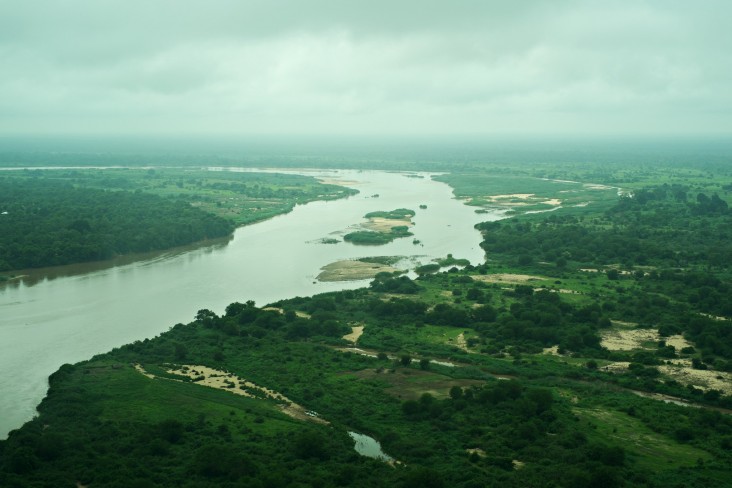
Since 2010, USAID has worked with Tanzanians to increase access to safe drinking water, sanitation facilities, and hygiene services for rural communities in target areas through a number of activities. Working within critically threatened watersheds, USAID’s Water Resources Integration Development Initiative (WARIDI) promotes improved water resources management, improved service access, climate change adaptation, and biodiversity conservation in Tanzania.
By targeting two of Tanzania’s most critical water basins—the Wami-Ruvu and Rufiji River Basins—the project will increase use of sustainable multiple-use water and sanitation services; strengthen governance for sustainable and resilient management of water resources and services; and improve livelihoods through private sector investment opportunities for sustainable water services, agriculture, and natural resource management.
To best achieve results, WARIDI works with Tanzania’s public and private sectors, civil society, and USAID partners to improve equitable delivery of water services and enhance watershed management approaches from the basin to the household level. The activity also provides grants and capacity development support to local organizations involved in water resources management activities in order to advance awareness, collaborative approaches, and innovative problem solving for local-level water challenges.








Comment
Make a general inquiry or suggest an improvement.